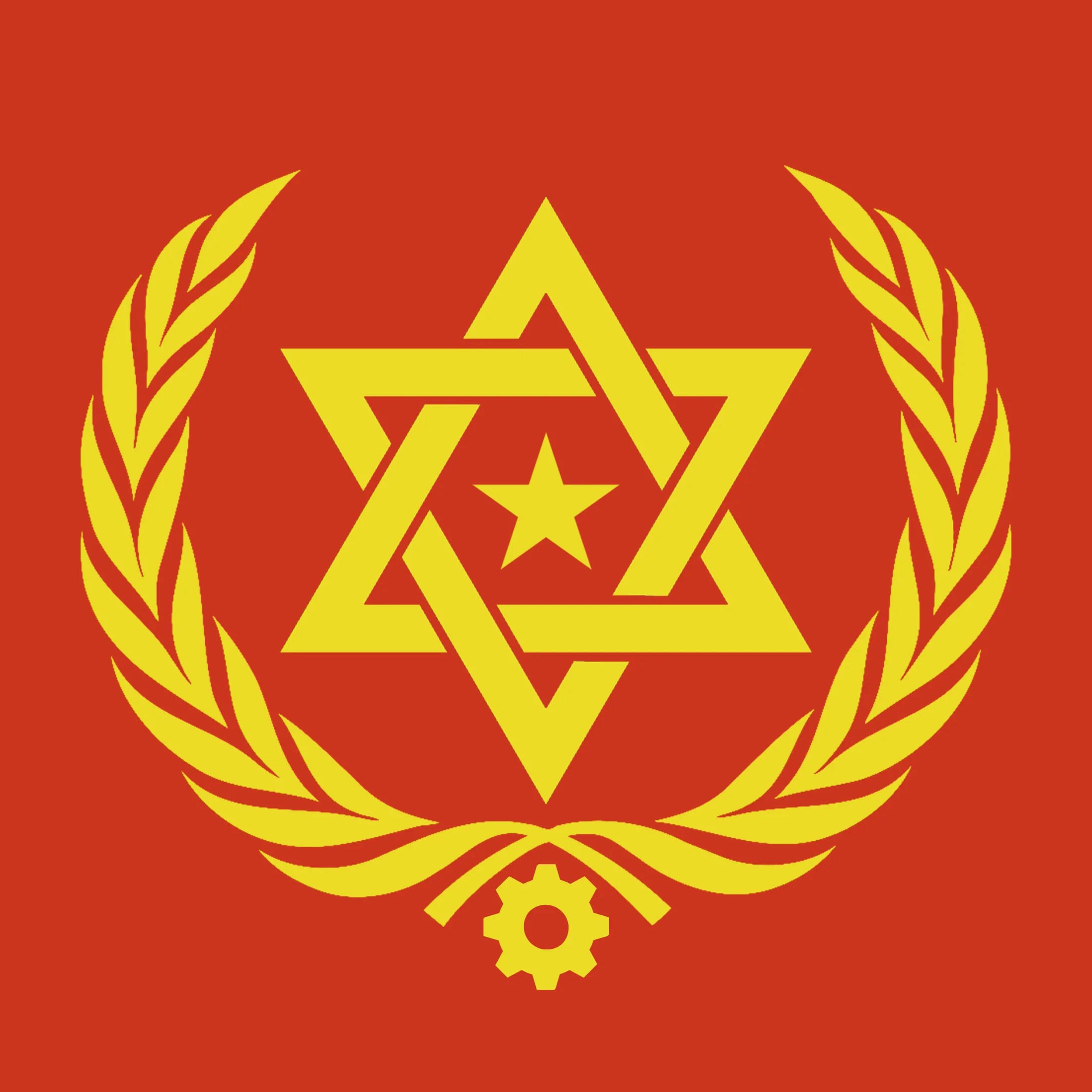These long-term Jewish-Muslim networks were defined by a deep sense of mutual trust, respect, and learning, where Muslim teenagers saw the potential in the Jewish businessmen, acquiring valuable life skills and other opportunities. Similarly, Yitzhak and Jakub saw a younger version of themselves in these teenagers during the 1950s, when the welfare and school systems were less attentive to the needs of minorities and migrants. We will see that this sort of expressed boundary blurring through joint minority sentiments was less pronounced regarding newer migrants to the neighborhood.
Levi, another Jewish interlocutor (age thirty-six) who runs a successful Bahnhofsviertel-based third-generation company, noted, “Muslims saw that this [neighborhood] was all under Jewish ownership. So they adopted and learned from us, which created this invisible [Jewish-Muslim] bond.” Jewish-Muslim boundaries in this context were blurred through expressions of long-term unity and familiarity such as “we all grew up” and “grew old together” (“sind zusammen aufgewachsen”), “brotherhood” (“Verbrüderung”), or “special symbiosis.” These discourses and boundary blurring practices indicate a remarkable historical trend, resembling boundary blurring and shifting during Jewish-Muslim encounters in the interwar period as well as the documented “cultural symbiosis” in medieval Spain.
Yitzhak recalled how he drank tea in local mosques, had conversations in Turkish barbershops, went on synagogue visits with Ahmet, played table tennis with Muslim teenagers, and was invited to wedding or birthday celebrations. He hoped that his children would learn from him, as he had learned from his father and Muslim friends on Münchener Straße, how to greet and treat everyone with respect regardless of their social backgrounds. Growing up with these neighborhood stories, the children of these Jewish-Muslim network pioneers knew each other, belonged to the same sports clubs, worked in Jewish enterprises through their fathers’ connections, went to similar schools, and were influenced by the legacy of these relationships in various ways.
Jakub’s daughter, for instance, works in interfaith dialogue together with local Jewish and Muslim institutions, while Mustafa’s son has a Jewish girlfriend and plays table tennis for Makkabi Frankfurt. The biographical accounts of Jewish-Muslim friendship networks and notions of “growing up together” contain various nostalgic sentiments and memories of a more convivial phase with softer boundaries, which now seems to have been erased from public imaginations of Jewish-Muslim relations.
Language Fusion and Crossing
By working for several Jewish family businesses in the Bahnhofsviertel over ten years in the 1980s and 1990s, Ahmet started to learn Yiddish, and was soon known as one of the few “Yiddish-speaking Turks” of the Bahnhofsviertel. Some respondents still remembered him as “the Muslim who spoke better Yiddish than many Jews.” Similarly, Yitzhak, Noah, and other Jewish interlocutors acquired basic proficiencies in Turkish and Arabic.
During our meetings (including at a synagogue), Yitzhak would joyously exclaim Turkish phrases and religious terms such as Allah Akbar, Alhamdulillah, or Bismillah-ir-Rahman-ir-Rahim (in the name of God, the merciful and compassionate) to express his emotions and to greet his surroundings. The role of Turkish in business interactions was stressed when Yitzhak said, “birçok müşteriler Turki yek” [I had many Turkish customers].… These [language] skills are important when you deal with Turks on a daily basis.” Depending on whether Jewish or Muslim customers entered the shop, Yitzhak and Ahmet would attend to them in Yiddish, Turkish, or Arabic.
One time, a rabbi transiting from Canada entered the shop, and Ahmet talked to him in Yiddish. The rabbi inquired about his background, insisting that Ahmed must be a Jew from Turkey, eventually uttering in disbelieve, “Look at this Bengel [boy]. It’s impossible that you are not a Jew. In Canada, we try to teach Yiddish to our children, [unsuccessfully], and, here a Muslim can speak it.” Ahmet reflected with some pride in his voice that “the Canadian Chacham [Torah scholar] was shocked (fix und fertig) and almost fainted (wär fast umgekippt).”


